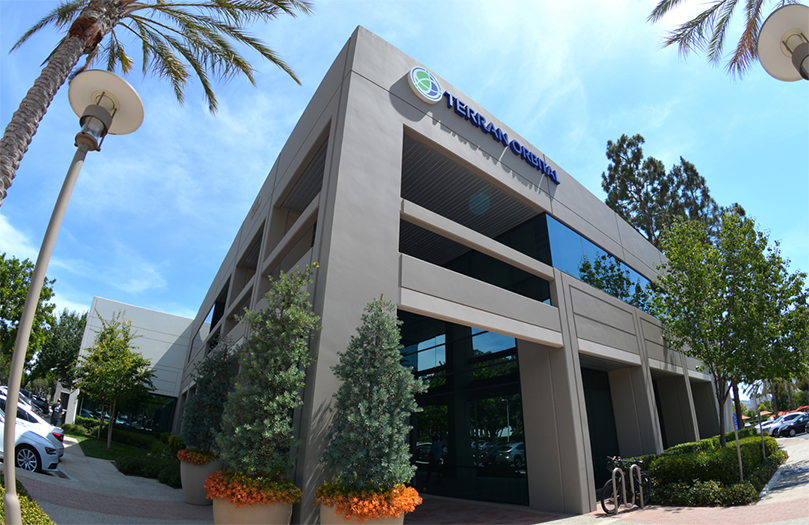Terran Orbital Corp., a Florida-based maker of communication and imaging satellites for the U.S. government, has secured a $100 million investment from Lockheed Martin that will allow the company to expand its manufacturing operations in Irvine.
Terran had initally planned to boost manufacturing on Florida’s Space Coast. But with the new cash infusion, the company opted instead to target Irvine where it has added more than 140,000 square feet of space over the past year.
The two aerospace firms also entered into an agreement running through 2035 that will allow Terran to pursue a wider variety of opportunities with Lockheed. The company said it will use the funds to acquire additional satellite assembly space, increase production and meet capital needs while expanding its advanced manufacturing abilities.
In February, Terran signed a 10-year lease for a 60,000 square-foot commercial facility in Irvine adjacent to its existing plant at 15330 Barranca Parkway.
A more recent Irvine expansion came in September when the company acquired 88,930 square feet of space at 400 Spectrum Center Dr. that will support the design, engineering and development of Terran’s small satellites and rapidly growing workforce.
Terran operates another Irvine facility at 50 Technology Dr., with additional locations in Santa Maria, Atlanta, Virginia, Melbourne, Fla., Boca Raton, Fla. (the company’s headquarters) and Turin, Italy.
Terran employs 450 workers companywide.
Lockheed’s $100 million investment comes on top of the $60 million it invested in Terran over the past five years. Lockheed now owns 35% of Terran, which is supplying 42 satellites to Lockheed for the Space Development Agency’s Tranche 1 Transport Layer of networking satellites.
That supports a $700 million prototype contract Lockheed secured last month to build the satellites.
The Transport Layer is a network of “optically interconnected” satellites for a data-transport system. It supports the National Defense Space Architecture — an ecosystem of hundreds of communications satellites operating on low-Earth orbit.
“Think of it as the Internet of space,” said Marc Bell,Terran’s co-founder, chairman and CEO.
Terran Orbital’s precision machining facility is Santa Maria is seen here. (Photo courtesy of Terran Orbital)
Bell said his company will share its expertise to advance technologies for military, commercial and civil customers by focusing on mission assurance and delivering affordable solutions on schedule.
It will also move Terran toward profitability, he said.
Founded in 2013, the company went public not long after Russia launched its unprovoked war against Ukraine. Terran’s SPAC (Special Purpose Acquisition Companies) IPO, like many space stocks, has been hit hard by the shifting risk environment in the aerospace market.
CNBC previously reported that Terran was among the space SPAC stocks seeking capital, with several companies facing a cash crunch.
Terran reported a net loss of $103.6 million for the six months ended June 30, 2022, compared with a net loss of $86.3 million for the same period in 2021.
Bell said he will discuss the company’s projections for profitability during a Nov. 9 call with investors.
The conflict in Ukraine — a nation covered by clouds most of the time — has highlighted the need for advanced satellite imagery.
Terran plans to address that demand through a specialized product line based on the company’s PredaSAR satellites, which are equipped with imaging techology to penetrate clouds and bad weather.
By going public, Terran Orbital has opted to not pursue its own line of synthetic-aperture radar (SAR) satellites and instead be an Earth-imaging satellite manufacturer for commercial and government customers, the company said.





